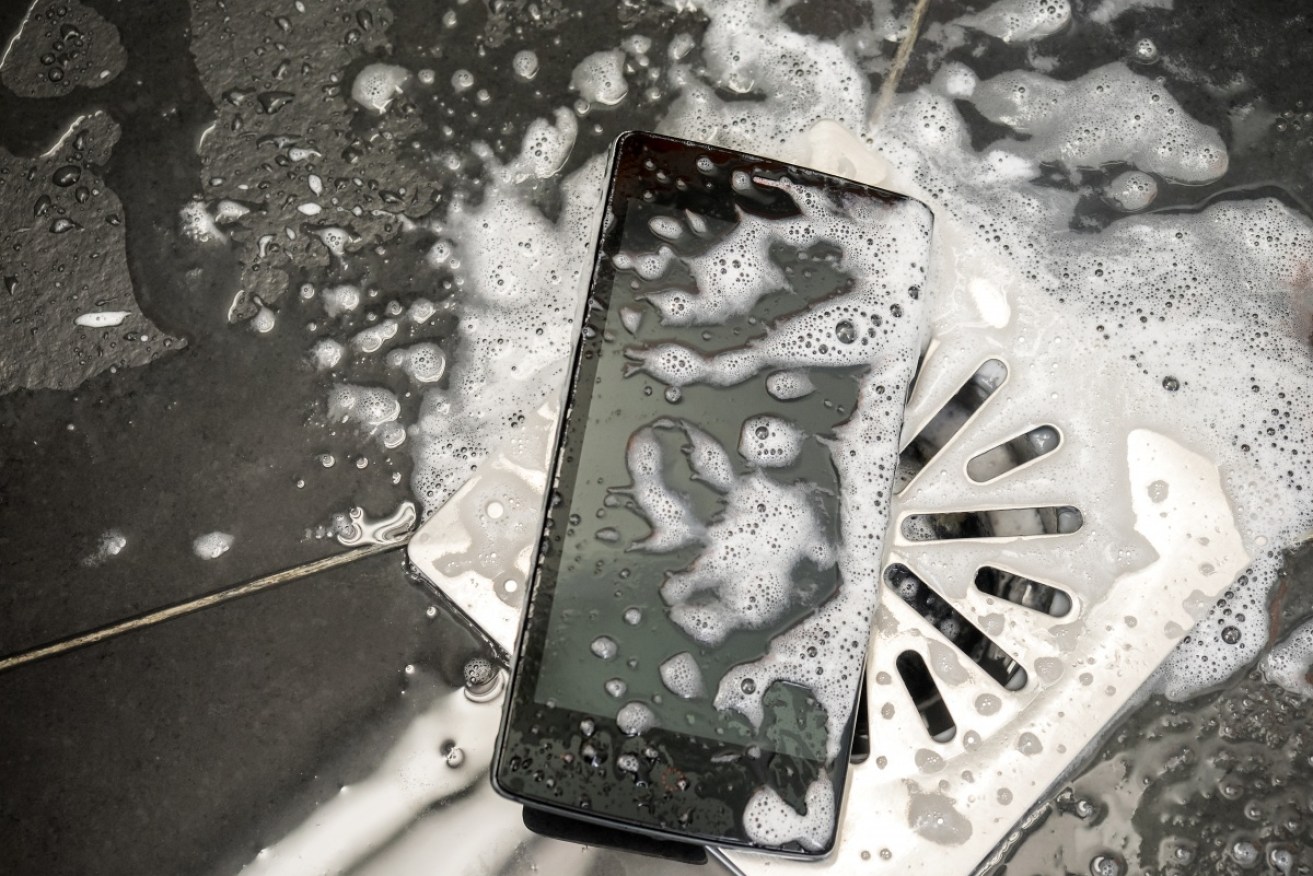The ‘careless’ things people do to justify a new tech treat


Consumers are more likely to drop their phones closer to the release date of a new model. Photo: Getty
Have you ever dropped your mobile phone, damaging it beyond repair, just in time for the release of a new model?
It might not be a coincidence.
New research shows that phone owners are “accidentally on purpose” losing or breaking their devices to better justify the need to purchase an upgrade.
A recent study, published in the Journal of Marketing, revealed consumers behave more carelessly when aware that an enhanced product has become available, despite their existing device remaining fully functional.
So while you mightn’t have realised it at the time, when your phone dropped into the basin last time you were texting on the toilet, it is likely there was an element of neglect that played its part in freeing you up to buy that slick new iPhone 7.
This phenomenon has been dubbed the “upgrade effect”.
The study found consumers were more likely to behave carelessly, neglect repairing a product, or to consume an existing product at a faster rate to speed up the upgrade process.

Consumers are unintentionally less careful with their phones if they’re interested in buying an upgrade. Photo: Getty
And it is not just mobile phones that consumers are treating carelessly. Other durable and non-durable products have been identified as being ditched for similar reasons.
This could mean unintentionally using more toothpaste than you typically would in order to get your hands on a new whitening formula. Or replacing a pair of glasses because larger frames are the new trend, but justifying the upgrade because the current pair are somewhat scratched.
So what do all of these products have in common?
Each product presents consumers with options to upgrade to a new and improved version of an existing product.
IMEI Detective, an online portal that allows phone users to report the loss of a mobile phone, revealed figures supporting the idea that the buzz created by the release of a new upgrade decreases reported loss of iPhones. It suggested users were less fazed by the loss when they were able to buy a new model.
The emergence of the Apple iPhone 5s in September 2013 saw a significant drop in iPhone 5 phones being reported as lost.
A similar trajectory was seen when the iPhone 6 entered the market in September 2014, as reports of lost iPhone 5s models again decreased.
Further experiments undertaken to test this notion proved that the availability of a new product induced neglect and caused people to have less patience in waiting for their existing product to wear out from everyday use.
In another example, participants were given a basic ceramic mug. A portion of participants were then offered the chance to buy a much nicer mug by playing a game that measured their willingness to engage in risky behaviour, whereby the plain mug was balanced on top of a tower of blocks.
They would receive the new mug only if all blocks were safely removed. If the tower collapsed, resulting in the basic mug falling and breaking, they would not receive the new mug.
The participants who were given the option of an upgrade were 30 per cent more likely to endanger the existing product.
Similarly, products such as shampoo and toothpaste were consumed at a faster when a better product was shown to be on the horizon.
Deliberately careless?
While consumers were likely to be more careless as upgrades became available, it was found to be unintentional.
When questioned, participants did not acknowledge using more shampoo than they typically would, suggesting that careless behaviour occurs without deliberate effort.
Giving away an existing phone or pair of sunglasses to a friend or family member helped, for example, appeared to justify the upgrade for most.
Use of small, albeit repairable, malfunctions as an excuse to replace the product — such as a minor scratch on a watch face — also led consumers to be more inclined to justify buying a new watch.









